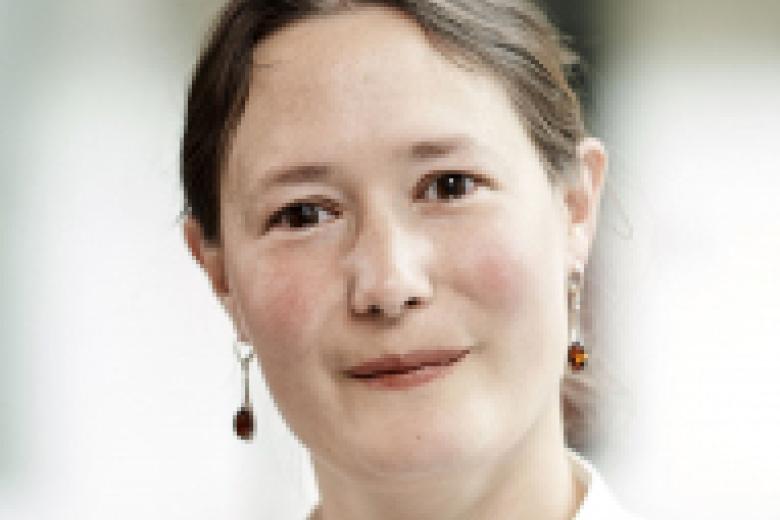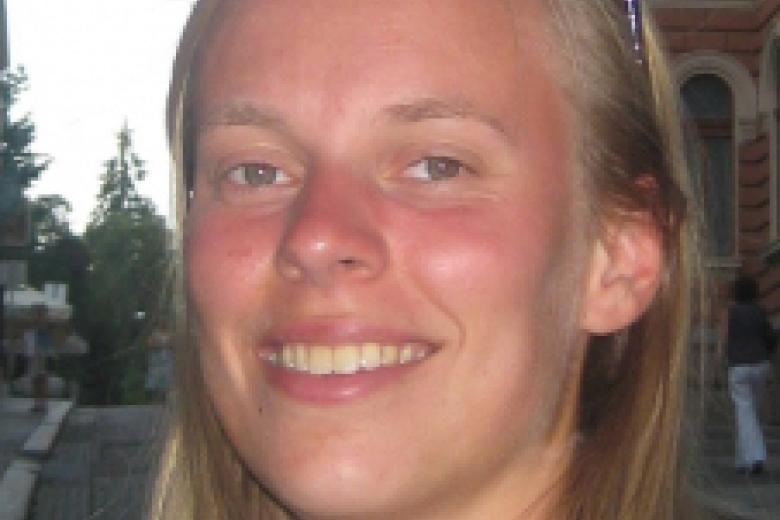Dynamic Game Theory (DGT)
According to the mathematical discipline of game theory, a game is any interaction between multiple parties – the ‘players’ – where one’s outcome may depend on actions of others. As such, game theory is a powerful tool to study complex real-world interactions.
This is an old research theme of the Department of Data Science and Knowledge Engineering (DKE). DKE has become the Department of Advanced Computing Sciences.
Players in a particular game may be people, but also animals, plants or even countries or cancer cells. Game theorists ask: what outcomes are possible for this game? What properties do those outcomes have? And, furthermore, how can the players achieve these outcomes?
Research focus and application
Research within the DGT theme focuses on both theory and applications of dynamic game theory. Most nontrivial real-world problems are dynamic: their properties change over time. Dynamic games typically need different solution methodologies than static games do. The DGT theme unites research into various types of games (differential, stochastic, evolutionary, cooperative and spatial games) and builds and explores links between them. Furthermore, we also focus on algorithmic aspects of solving these games and develop rigorous numerical methods to solve dynamic games using the Ariadne software.
We apply our research to various domains, e.g. sustainable energy production and storage, game theory of cancer, and pest management. We improve predictive capabilities of our models via validation with relevant data.
Dynamic Game Theory in practice:Dr. Kateřina Staňková explains how game theory can improve metastatic cancer treatment |
Researchers
Highlighted publications
- Bayer, P., Herings, P.J.J. , Peeters, R.J.A.P. & Thuijsman, F. (2019). Adaptive learning in weighted network games. Journal of Economic Dynamics and Control, 105, 250-264, https://doi.org/10.1016/j.jedc.2019.06.004.
- Bot, R., Mertikopoulos, P., Staudigl, M., & Vuong, P. (2021). Mini-batch forward-backward-forward methods for solving stochastic variational inequalities. Stochastic Systems. https://doi.org/10.1287/stsy.2019.0064
- Bot, R. I., Grad, S. M., Meier, D., & Staudigl, M. (2020). Inducing strong convergence of trajectories in dynamical systems associated to monotone inclusions with composite structure. Advances in Nonlinear Analysis, 10(1), 450-476.
- Cunningham J.J., Thuijsman, F., Peeters, R., Viossat, Y., Brown, J.S., Gatenby, R.A. & Staňková, K. (2020), Optimal control to reach eco-evolutionary stability in metastatic castrate-resistant prostate cancer. PLOS One, 15 (12), e0243386. https://doi.org/10.1371/journal.pone.0243386
- D’Huys, O., Veltz, R., Dolcemascolo, A., Marino, F., and Barland, S. (2021), Canard resonance: on noise-induced ordering of trajectories in heterogeneous networks of slow-fast systems. Journal of Physics: Photonics 3 (2), 02401 https://doi.org/10.1088/2515-7647/abcbe3
- Klinshov, V., Shchapin, D. and D’Huys, O. (2020). Mode hopping in oscillating systems with stochastic delays. Physical Review Letters 125 (3),034101. https://doi.org/10.1103/PhysRevLett.125.034101
- Kuipers, J., Flesch, J., Schoenmakers, G., Vrieze, K. (2021). Subgame perfection in recursive perfect information games. Economic Theory 71 (2), 603-662. https://doi.org/10.1007/s00199-020-01260-6
- Salvioli M., Dubbeldam J, Staňková K., Brown J.S. (2021) Fisheries management as a Stackelberg Evolutionary Game: Finding an evolutionarily enlightened strategy. PLOS ONE, 16(1): e0245255.











